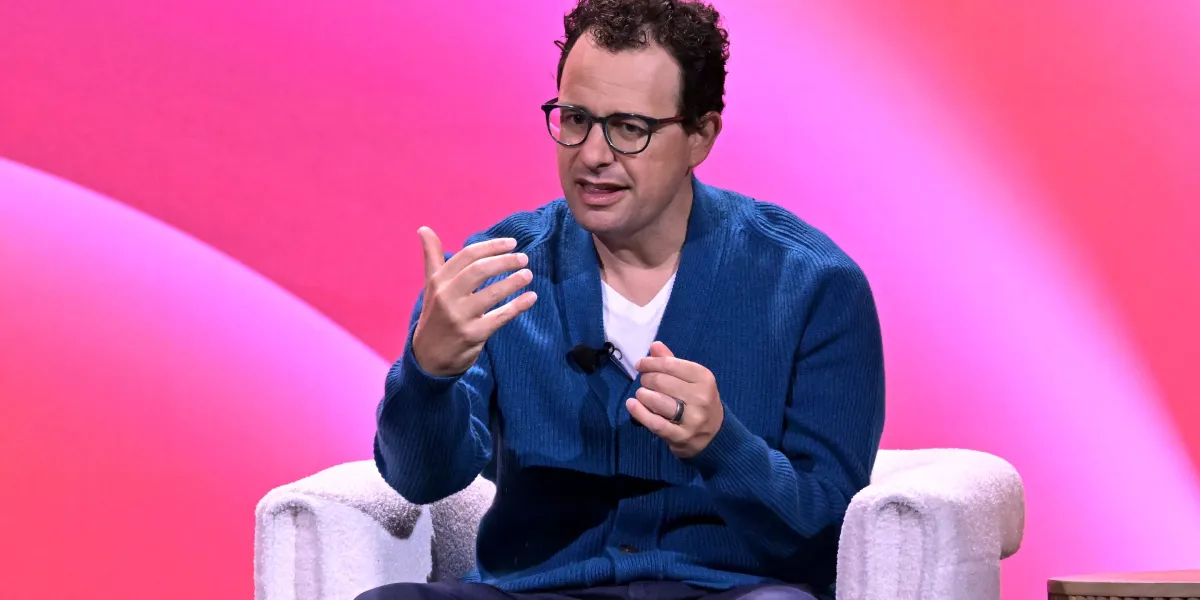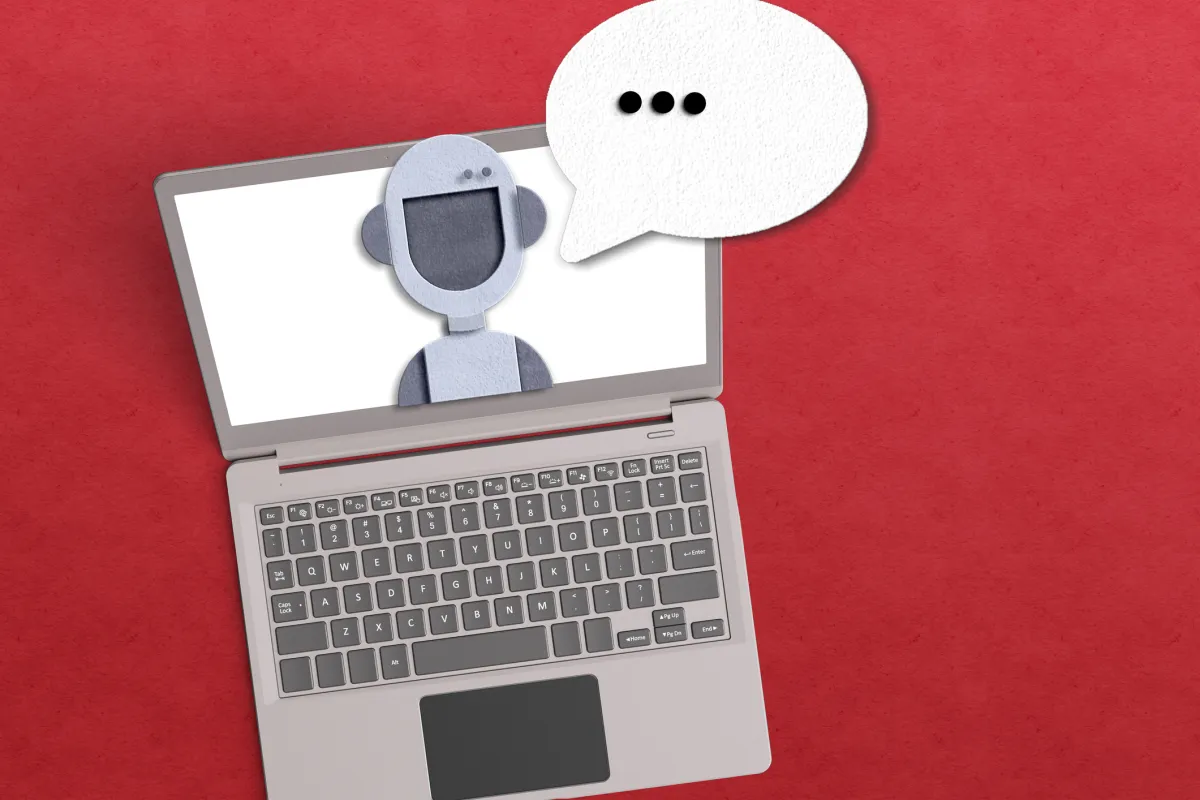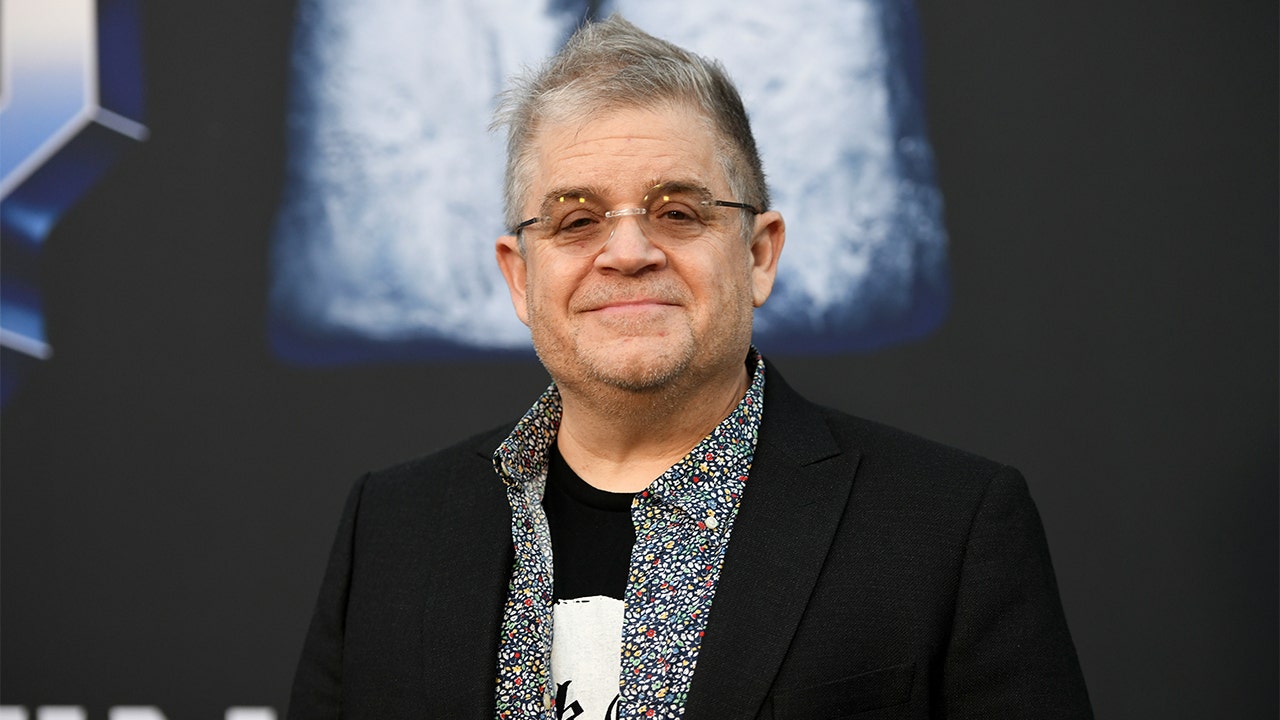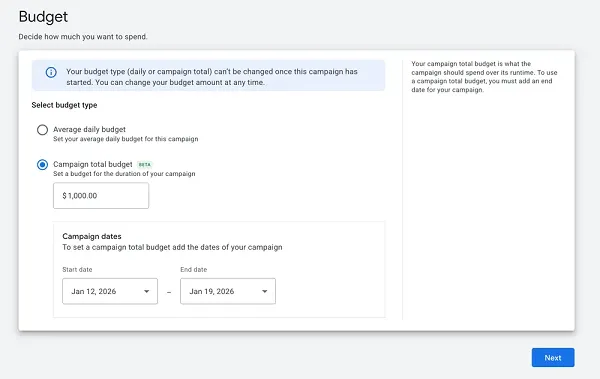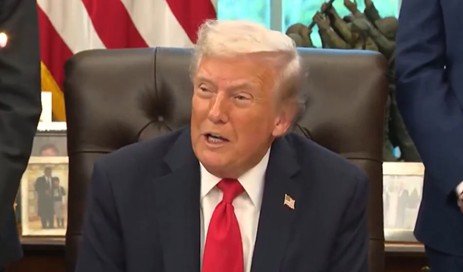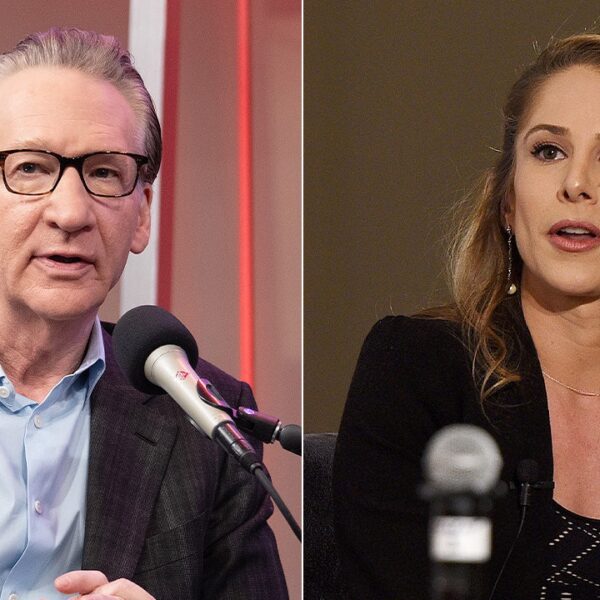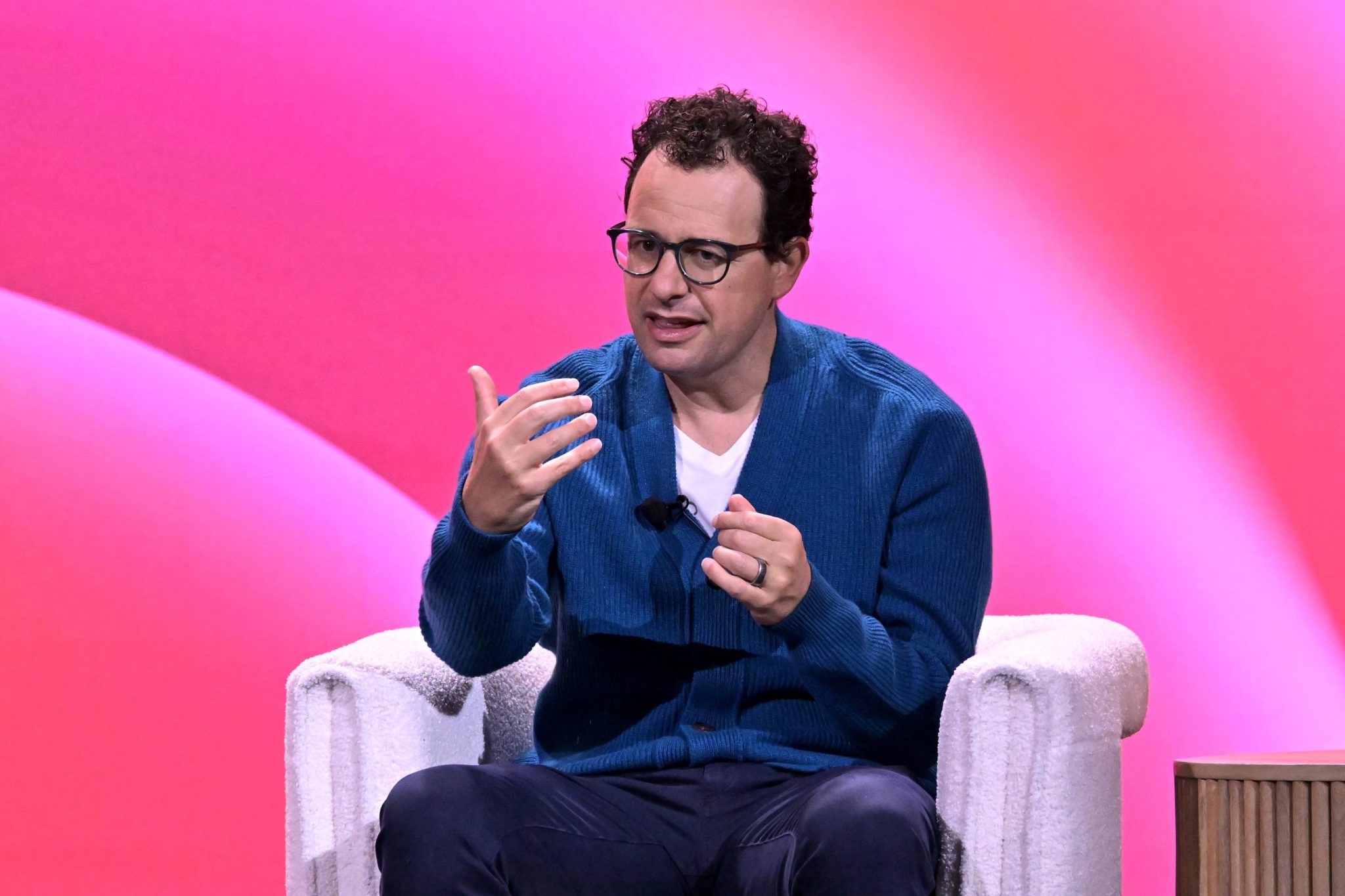
Anthropic CEO Dario Amodei doesn’t think he should be the one calling the shots on the guardrails surrounding AI.
In an interview with Anderson Cooper on CBS News’ 60 Minutes that aired on Sunday, the CEO said AI should be more heavily regulated, with fewer decisions about the future of the technology left to just the heads of Big Tech companies.
“I think I’m deeply uncomfortable with these decisions being made by a few companies, by a few people,” Amodei said. “And this is one reason why I’ve always advocated for responsible and thoughtful regulation of the technology.”
“Who elected you and Sam Altman?” Cooper asked.
“No one. Honestly, no one,” Amodei replied.
Anthropic has adopted the philosophy of being transparent about the limitations—and dangers—of AI as it continues to develop, he added. Last week, the company said it thwarted “the first documented case of a large-scale AI cyberattack executed without substantial human intervention.”
There are no federal regulations outlining any prohibitions on AI or surrounding the safety of the technology. While all 50 states have introduced AI-related legislation this year and 38 have adopted or enacted transparency and safety measures, tech industry experts have urged AI companies to approach cybersecurity with a sense of urgency.
Earlier this year, cybersecurity expert and Mandiant CEO Kevin Mandia warned of the first AI-agent cybersecurity attack happening in the next 12-18 months—meaning Anthropic’s disclosure about the thwarted attack was months ahead of Mandia’s predicted schedule.
Amodei has outlined short-, medium-, and long-term risks associated with unrestricted AI: The technology will first present bias and misinformation, as it does now. Next, it will generate harmful information using enhanced knowledge of science and engineering, before finally presenting an existential threat by removing human agency, potentially becoming too autonomous and locking humans out of systems.
The concerns mirror those of “godfather of AI” Geoffrey Hinton, who has warned AI will have the ability to outsmart and control humans, perhaps in the next decade.
Greater AI scrutiny and safeguards were at the foundation of Anthropic’s 2021 founding. Amodei was previously the vice president of research at Sam Atlman’s OpenAI. He left the company over differences in opinion on AI safety concerns.
“There was a group of us within OpenAI, that in the wake of making GPT-2 and GPT-3, had a kind of very strong focus belief in two things,” Amodei told Fortune in 2023. “One was the idea that if you pour more compute into these models, they’ll get better and better and that there’s almost no end to this… And the second was the idea that you needed something in addition to just scaling the models up, which is alignment or safety.”
Anthropic’s transparency efforts
As Anthropic continues to expand its data center investments while swelling to a $183 billion valuation as of September, it has published some of its efforts in addressing the shortcomings and threats of AI. In a May safety report, Anthropic reported some versions of its Opus model threatened blackmail, such as revealing an engineer was having an affair, to avoid shutting down. The company also said the AI model complied with dangerous requests if given harmful prompts like how to plan a terrorist attack, which it said it has since fixed.
Last week, the company said in a blog post that its chatbot Claude scored a 94% political even-handedness” rating, outperforming or matching competitors on neutrality.
In addition to Anthropic’s own research efforts to combat corruption of the technology, Amodei has called for greater legislative efforts to address the risks of AI. In a New York Times op-ed in June, he criticized the Senate’s decision to include a provision in President Donald Trump’s policy bill that would put a 10-year moratorium on states regulating AI.
“AI is advancing too head-spinningly fast,” Amodei said. “I believe that these systems could change the world, fundamentally, within two years; in 10 years, all bets are off.”
Anthropic’s practice of calling out its own lapses and efforts to address them has drawn criticism. In response to Anthropic sounding the alarm on the AI-powered cybersecurity attack, Meta’s chief AI scientist, Yann LeCun, said the warning was a way to manipulate legislators into limiting the use of open-source models.
“You’re being played by people who want regulatory capture,” LeCun said in an X post in response to Connecticut Sen. Chris Murphy’s post expressing concern about the attack. “They are scaring everyone with dubious studies so that open source models are regulated out of existence.”
Anthropic did not immediately respond to Fortune’s request for comment.
Others have said Anthropic’s strategy is one of “safety theater” that amounts to good branding, but no promises about actually implementing safeguards on technology. Amodei denied this and said the company is obligated to be honest about AI’s shortcomings.
“It will depend on the future, and we’re not always going to be right, but we’re calling it as best we can,” he told Cooper. “You could end up in the world of, like, the cigarette companies or the opioid companies, where they knew there were dangers and they didn’t talk about them and certainly did not prevent them.”

